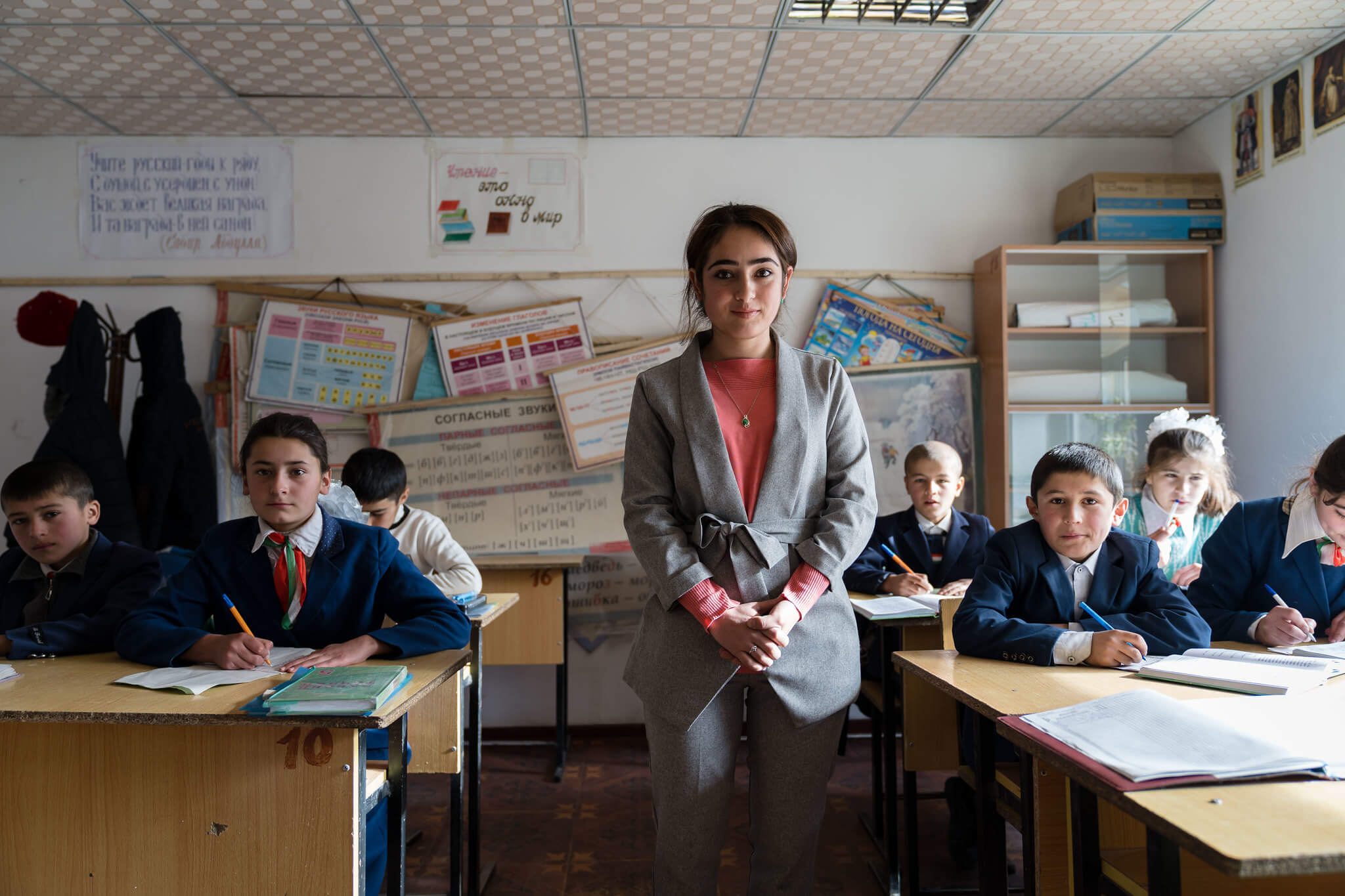For many years, the Aga Khan Foundation (AKF) has been working in partnership with the Ministry of Education (MoE) in Tajikistan to improve education quality and access.
Thus, when COVID-19 hit the country, this collaboration was as vital as ever to support students’ learning at home. As governments across the world cast around for innovative solutions to this new crisis in education, the AKF-led flagship initiative, Schools2030, had recently launched and was ready to support. Through a process of participatory design (Human-Centred Design – key to Schools2030’s model for educational change) the team worked alongside MoE officials, families and schools, to determine how they could best support learners during the pandemic lockdowns.
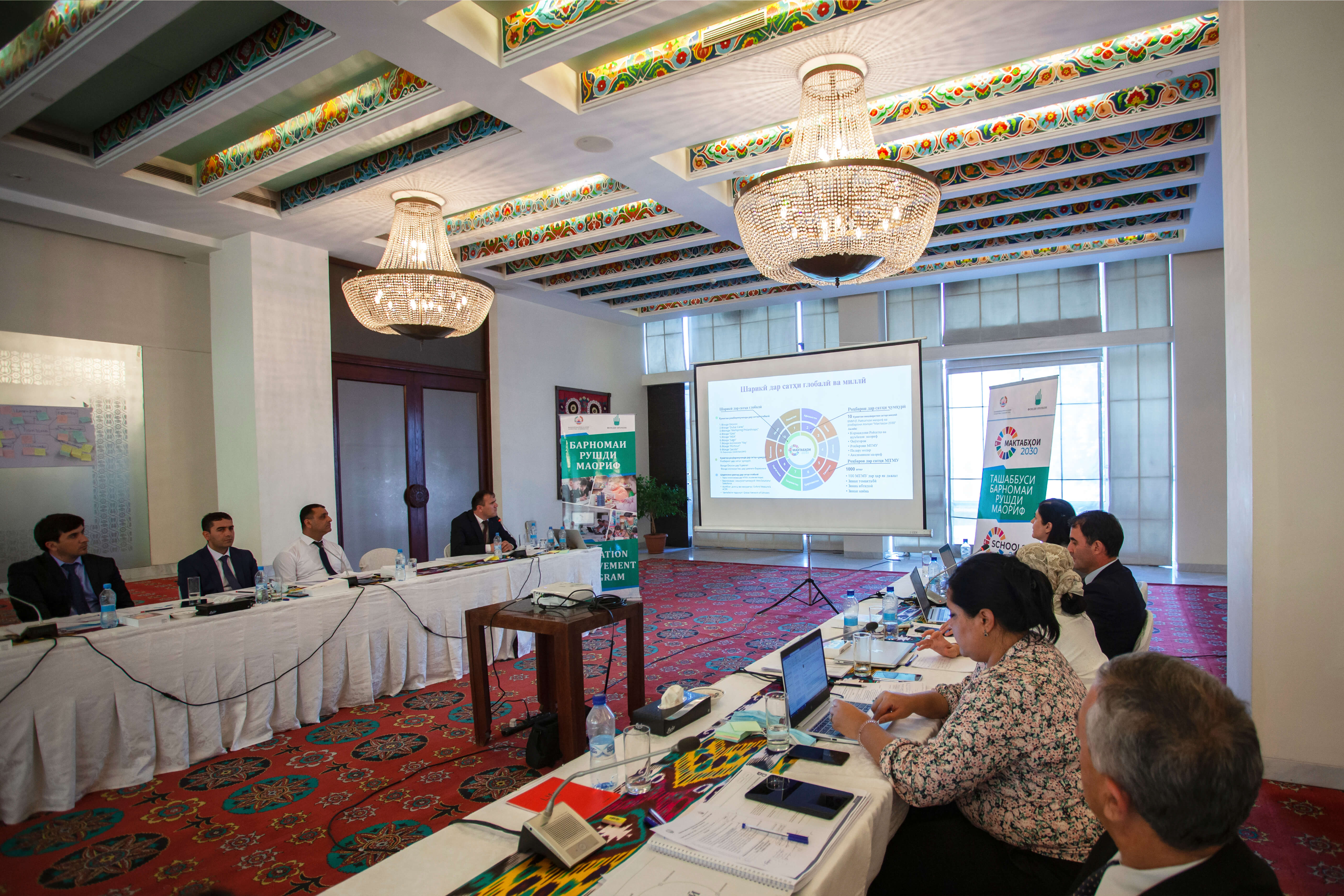
Through the consultation process, it became clear that a digital space to codify and store education resources for students and schools would be just the tonic – not only would this counter the crisis wrought by COVID-19, but it would also help increase education access, equity, and quality in perpetuity.
Moreover, the Digital Learning Platform also serves one of the core competencies selected by Schools2030 in collaboration with the Tajik National Advisory Committee (NAC) – a select group of government partners, local and national education groups, NGOs with country expertise and others. At the outset of the programme, the NAC helped to select and prioritise a range of academic and non-academic learning domains that aligned with national education priorities. At secondary level, one of the proficiencies chosen for Tajikistan was indeed digital literacy, and thus the Digital Learning Platform will also support students with vital 21st century skills.
The platform is one of the most important educational efforts in the region, providing teachers, educators, and students with high-quality relevant, age-appropriate, and subject-specific learning resources. We believe this platform will help to improve and develop teaching and learning at a rapid pace.
Mardov Odinasho, Regional Education Department of GBAO
Currently under development, with the expected completion date of July 2022, the Digital Learning Platform is a repository for a huge range of resources and learning tools for every academic subject taught to 6–17-year-olds. Supporting these lessons is a vast digital library, with electronic copies of a huge array of textbooks, reference books and other resources developed by AKF and its partners. Students can also access a whopping 670 video lessons. Among them, 75 video lessons were developed through Schools2030’s Human-Centred Design workshops (funded by the Oak Foundation, one of Schools2030’s ten funding partners) for maths, languages and science subjects – including chemistry, anatomy, biology and physics. Top subject experts and teachers were recruited and featured in the videos and the content was reviewed and approved by the Ministry of Education. Students themselves were also key to the development of the video lessons, and were involved directly in the Human-Centred Design process so as to ensure the lessons spoke to their generation effectively. The video-based lessons are currently reaching 100 pilot schools and 30,000 students and teachers through an online portal, and will form a key part of the dynamic content available on the Digital Learning Platform when it is completed next year. The Ministry of Education is now in the process of identifying ways to scale the lessons nationally through its partners and schools.
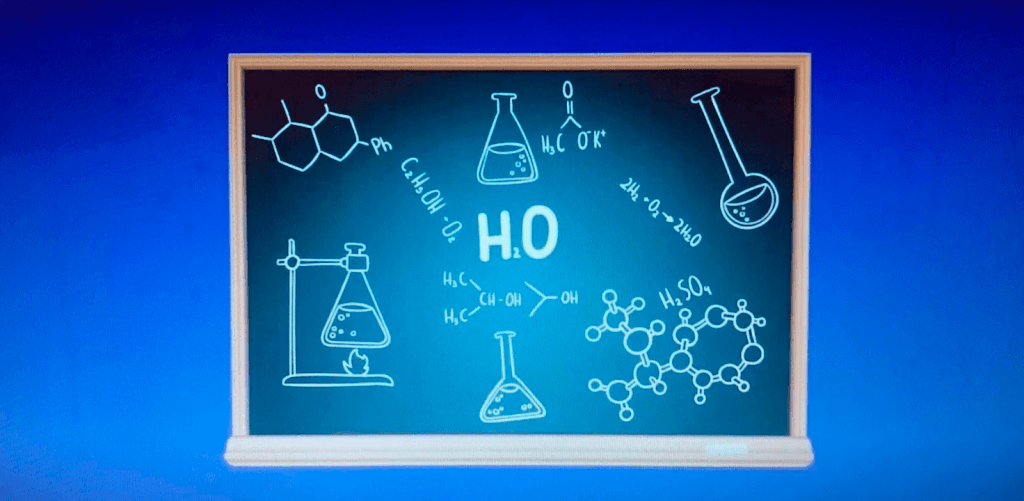
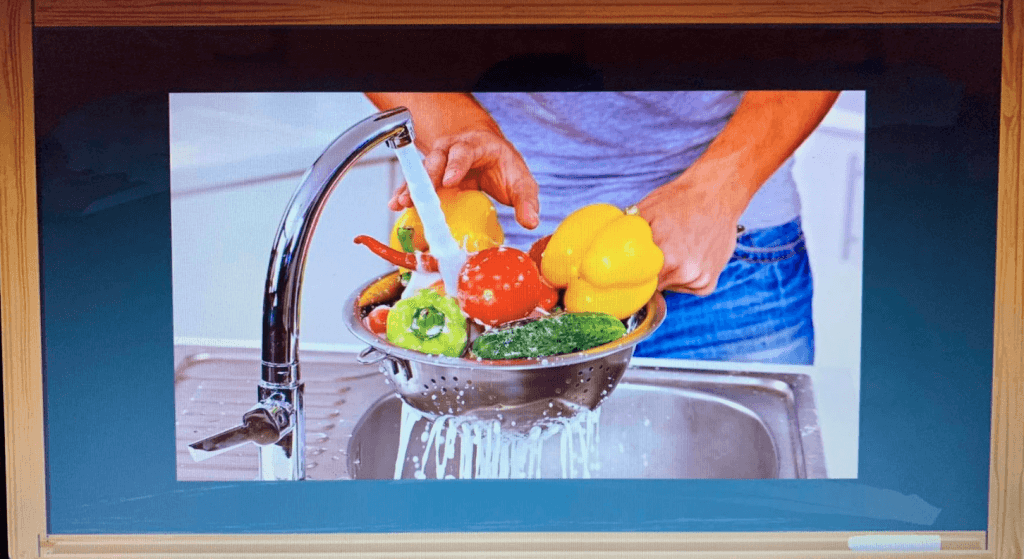
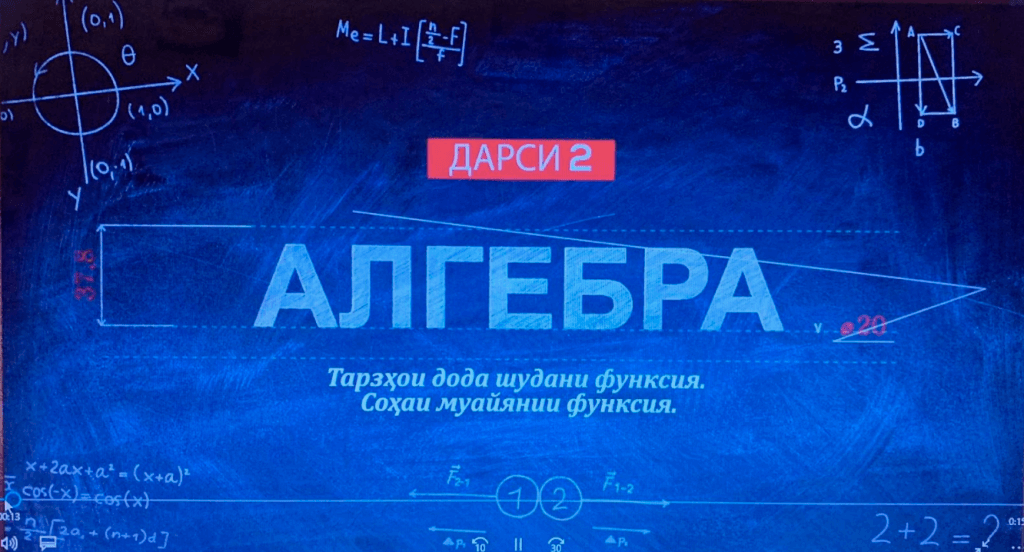
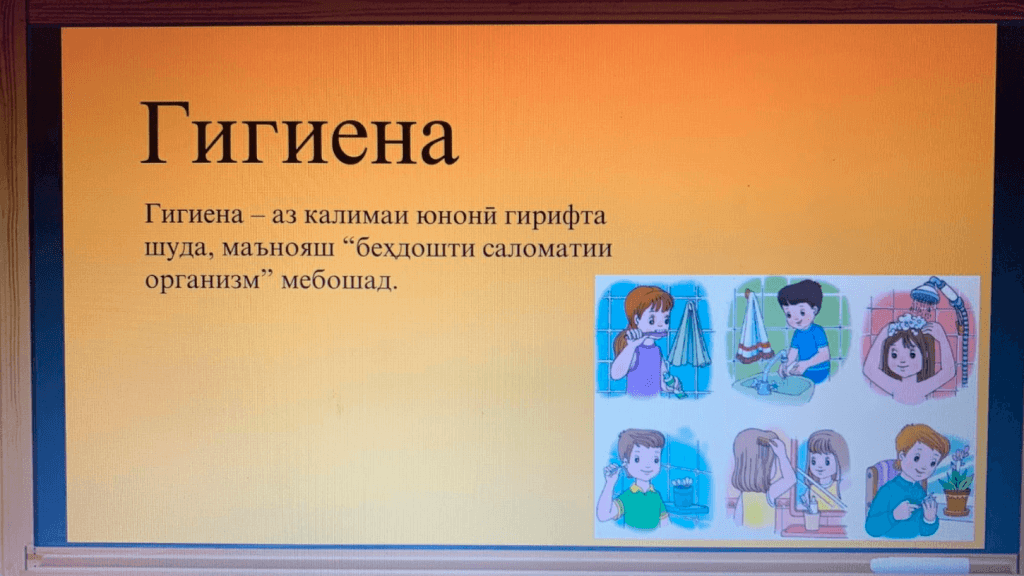
Though the video lessons were originally developed to support distance learning during COVID-19, they will continue to be useful as normal lessons resume across the country, helping students who have missed classes due to sickness, travel or other reasons. In some remote locations, shortages of qualified science teachers have hampered student progress, and in these areas video lessons provide a vital lifeline for students to stay up to date with their studies and on course for their exams. Even in places where science teachers are not in short supply, AKF’s evaluation of the video lesson pilots showed a marked improvement for students whose teachers had used the videos to reinforce the content of their classes.
Alongside its comprehensive resources for students, the platform also provides a range of support for teachers and schools. It contains a Learning Management Information System – a web-based application that supports educators with lesson planning, implementation and monitoring – and a repository for statistical data collected by teachers and submitted to regional and district education authorities. In this way, school managers and teachers can share knowledge, ideas and best practice, as well as easily track and monitor their students’ learning in a safe and secure way.
AKF’s government partners have worked closely in cooperation with the Schools2030 team, and could not be more pleased with progress made. Mr. Mardov Odinasho, who works at the Regional Education Department of GBAO, commented: “The digital platform is one of the most important educational efforts in the region, providing teachers, educators, and students with high-quality relevant, age-appropriate, and subject-specific learning resources. We believe that this platform will help to improve and develop teaching and learning at a rapid pace.”
Though it began as a product for GBAO province (where AKF and Schools2030 mainly operate) it looks likely that the platform will expand to become a country-wide resource that can improve the calibre of teaching and learning for generations of students.
This work was made possible with support from Local Impact
The Local Impact: A Transformative Partnership in Asia and Africa project is implemented by the agencies of the Aga Khan Development Network and is made possible by the generous support of the American people through the United States Agency for International Development (USAID) and the Aga Khan Foundation (AKF). The innovative framework puts local communities at the center of development for meaningful, sustained impact. Learn more about Local Impact.
The content is the responsibility of the authors and does not necessarily reflect the views of AKF, USAID, or the United States Government.
